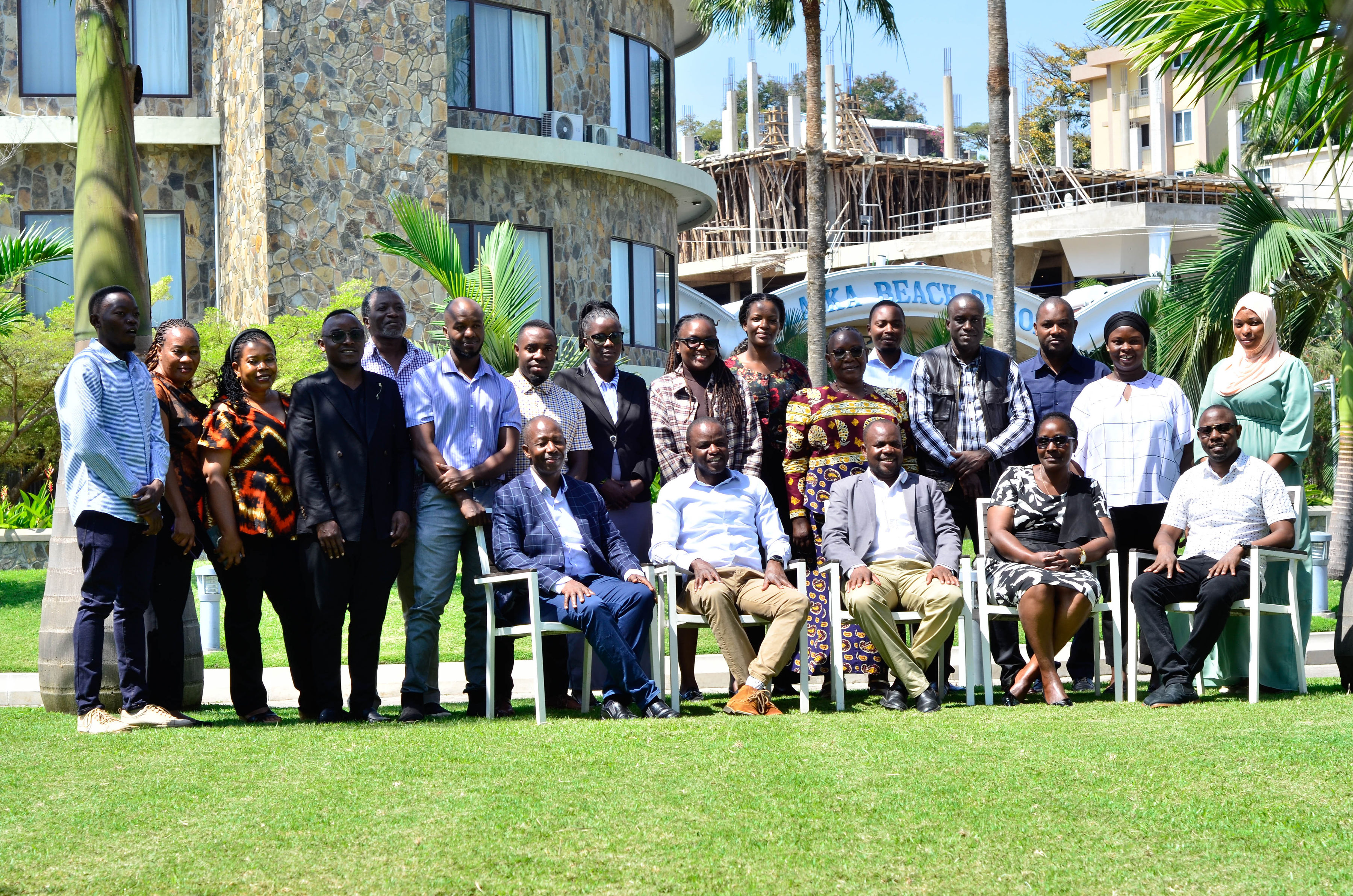
ENGAGEMENT: Gene drive project team meets with Mwanza stakeholders

On July 1st and 2nd, 2025, the Transmission Zero project, a global malaria research program led by scientists at Imperial College London and the Ifakara Health Institute that is developing gene drive technologies to stop malaria transmission, convened a two-day stakeholder meeting in Mwanza, bringing together key representatives from Mwanza Region and Ukerewe District. The gathering aimed to share progress updates and gather valuable feedback on the ongoing Transmission Zero activities within the district.
During the meeting, participants engaged in a comprehensive review of upcoming project activities, ensuring alignment with local priorities and operational readiness. A significant portion of the discussions focused on the critical role of stakeholder engagement and effective communication, especially regarding the development and potential deployment of innovative technologies such as gene drives. These technologies hold promise as complementary strategies to accelerate malaria control and elimination efforts across Africa.
The event underscored the importance of collaboration between communities, local authorities, and scientific teams to build trust and transparency around new interventions. Transmission Zero remains committed to fostering open dialogue and partnerships to support the successful application of cutting-edge tools in the fight against malaria.
This meeting marks a key step in strengthening stakeholder relationships and advancing malaria elimination goals in Mwanza and beyond.
More: About GMM
Malaria remains a major global health threat, especially in Africa, where millions of people are affected each year. Scientists have introduced an innovative approach to fight this deadly disease—genetically modified mosquitoes (GMM). These mosquitoes are altered in laboratories to reduce malaria transmission.
There are two main types of GMM. Some are designed to be sterile, meaning they cannot reproduce, which helps reduce mosquito populations. Others are modified to resist the malaria parasite, preventing them from spreading the disease to humans. Scientists carefully test these mosquitoes before releasing them into the wild to ensure safety and effectiveness.
Projects like Transmission Zero, led by the Ifakara Health Institute, explore how GMM can help eliminate malaria. While challenges remain, such as community acceptance and regulatory approval, genetically modified mosquitoes offer a promising tool in the fight against malaria, potentially saving millions of lives in the future.
